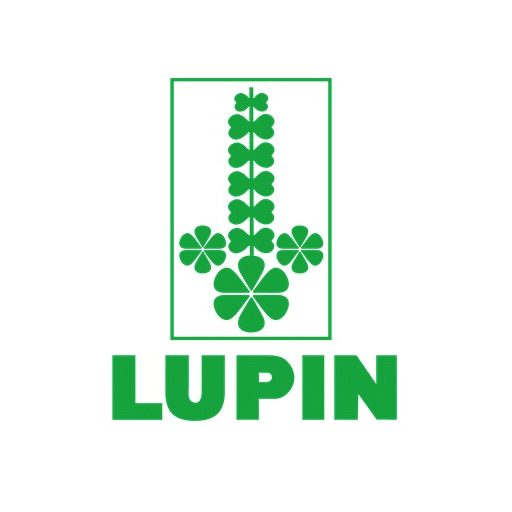Lupin Pharmaceuticals issued a voluntarily recall of irbesartan and hydrochlorothiazide tablets. Tests on API batches of these medications revealed possible contamination with a cancer-causing impurity. Both medicines are used to treat high blood pressure and diabetic nephropathy in hypertensive patients with Type 2 diabetes.
Current Recall for Lupin Pharmaceuticals
“As part of Lupin’s ongoing assessment, analysis revealed that certain tested API batches (but not finished product batches) were above specification limit for the impurity N-nitrosoirbesartan,” the Food and Drug Administration (FDA) reported. N-nitrosoirbesartan is a potential carcinogen for humans.
Between early October 2018 and late September 2021, Lupin Pharmaceuticals received four reports of illness from irbesartan. Patients taking the combination of irbesartan and hydrocholorothiazide tablets reported no illnesses.
Irebesartan was distributed nationwide in 75mg, 150mg, and 300mg formulas. They were sold through wholesalers, drug chains, mail order pharmacies, and supermarkets.
Previous Recalls Due to Potential Carcinogen Contamination
This recall is not Lupin’s first experience with possible carcinogen contamination. During the summer of 2020, the company, along with Sun Pharma, Bayshore Pharmaceuticals, and Granules Pharmaceuticals, pulled metformin, a generic diabetes medication, from the shelves due to batch testing results.
The recalls of metformin were in response to the FDA finding N-nitrosodimethylaine in “sartan”-based blood pressure drugs and heartburn medications, including Zantac. These findings triggered a global recall of all impacted medicines.
For more information about both the Lupin Pharmaceuticals recall and the Zantac recall, contact us today.
Additional Reading:
Zantac Relaunches With New Name and Ingredient After Recall Due to Increased Cancer Risk
Sanofi Accused of “Widespread” Email Deletion After Zantac Recall

